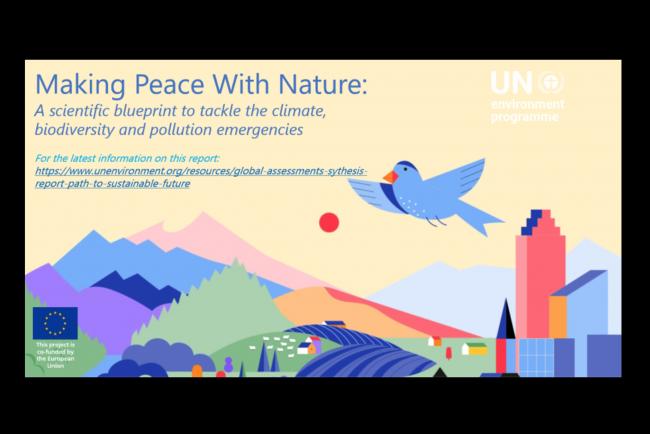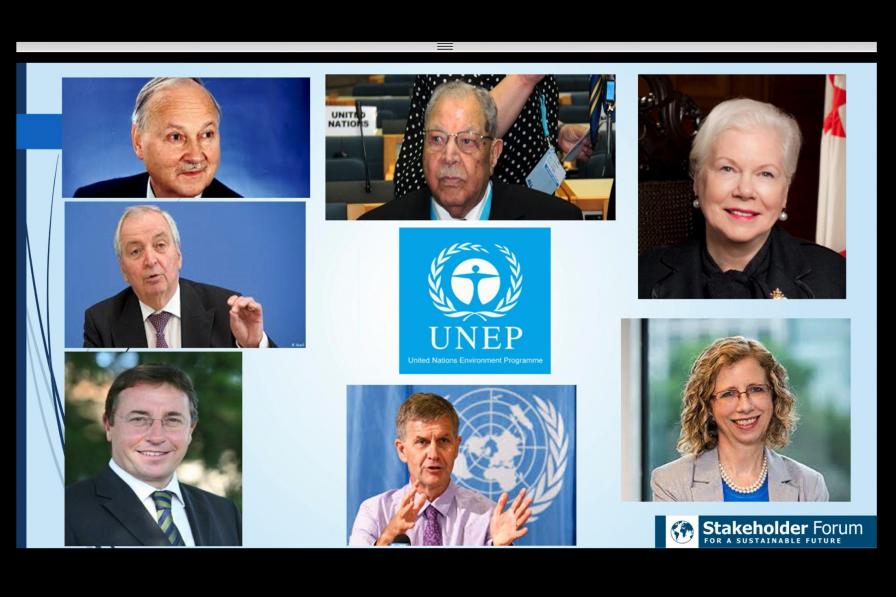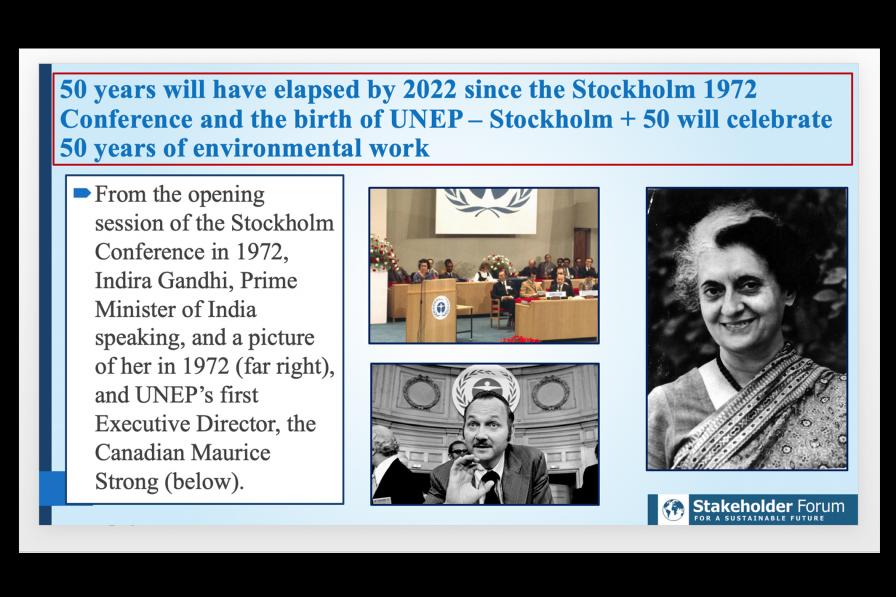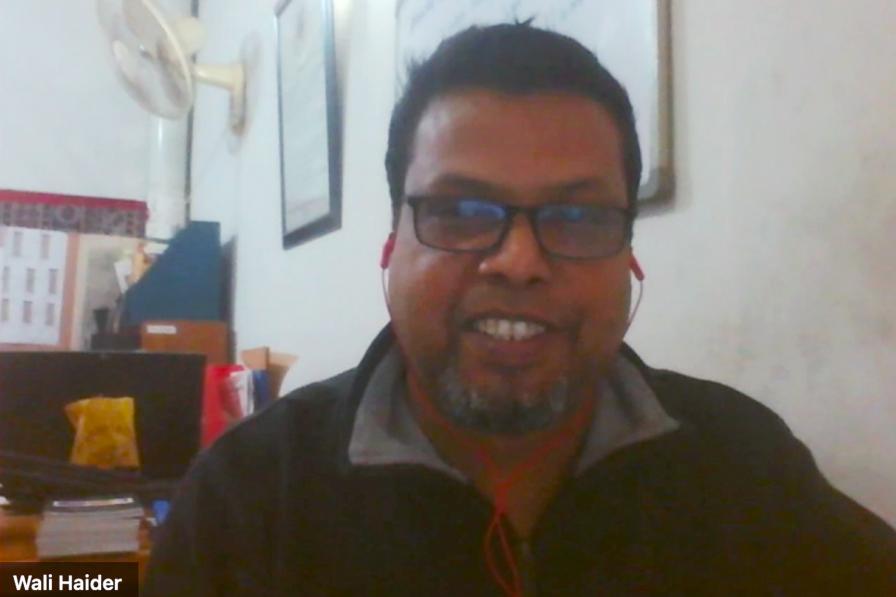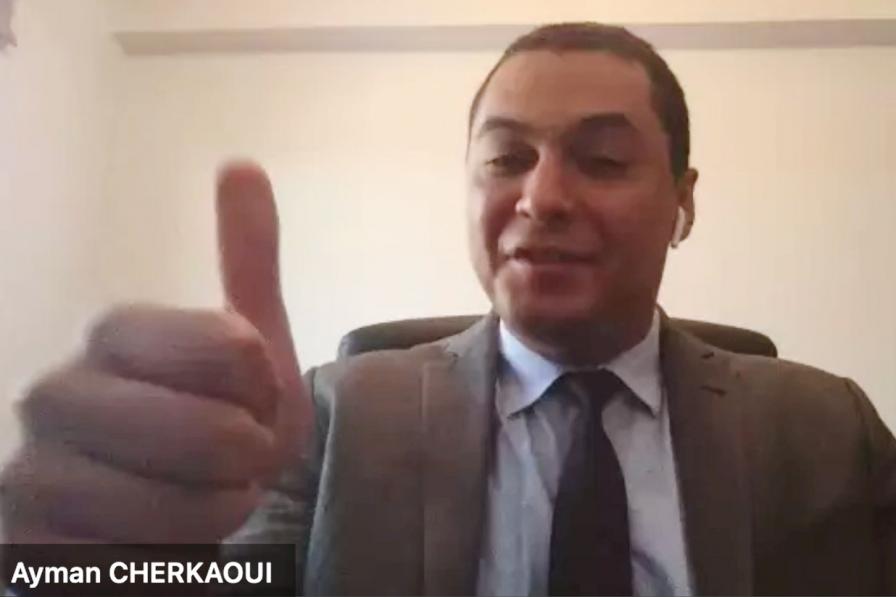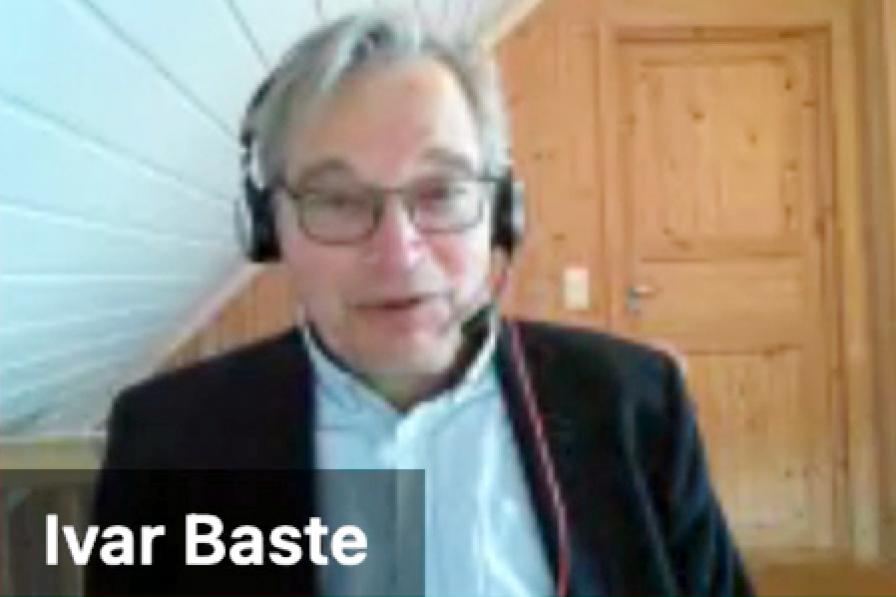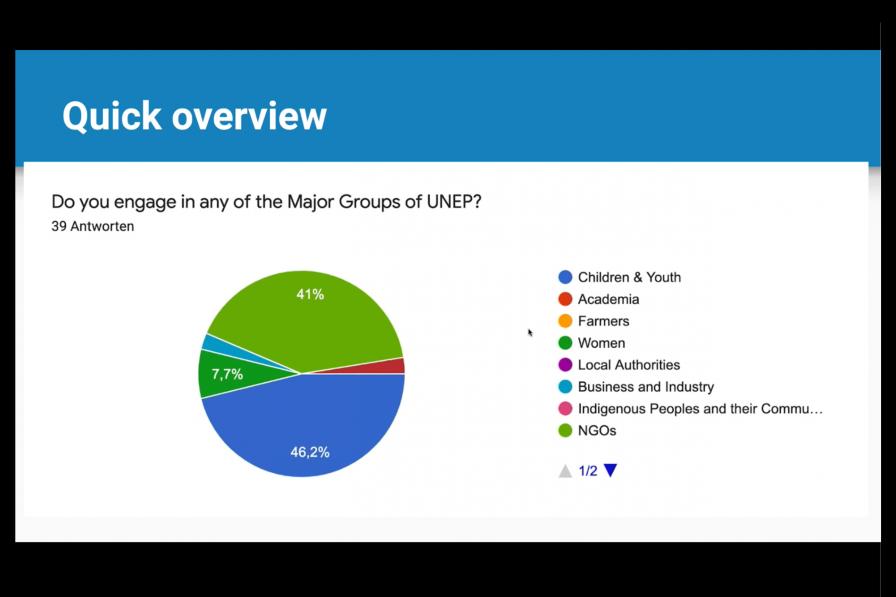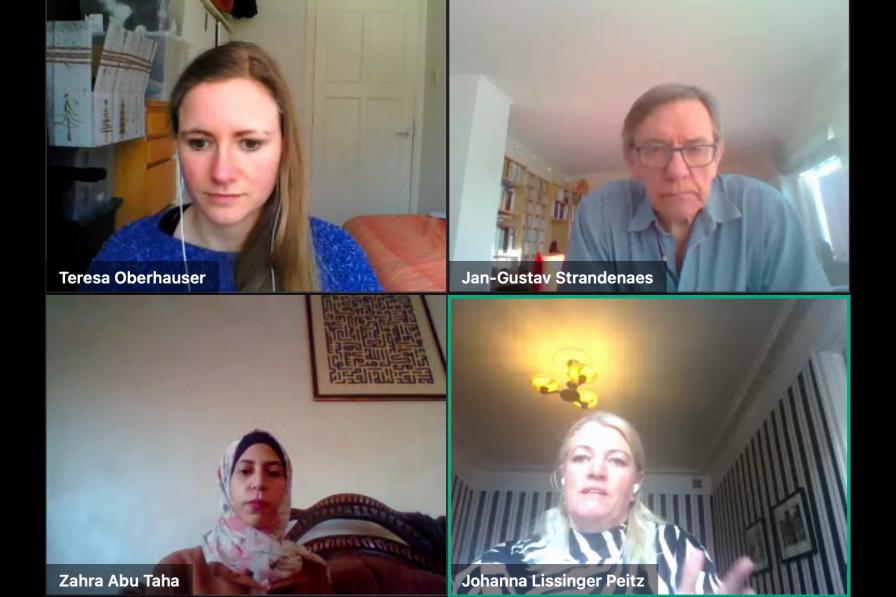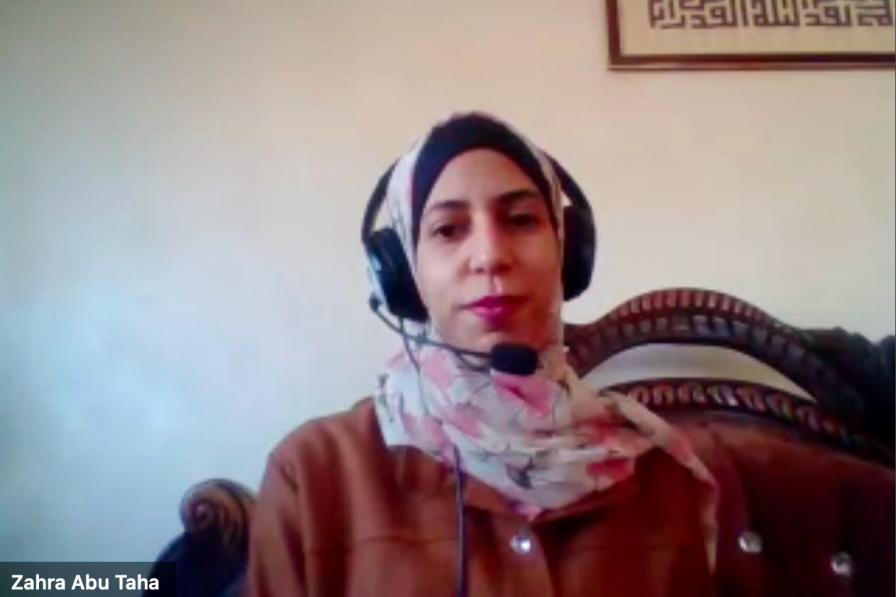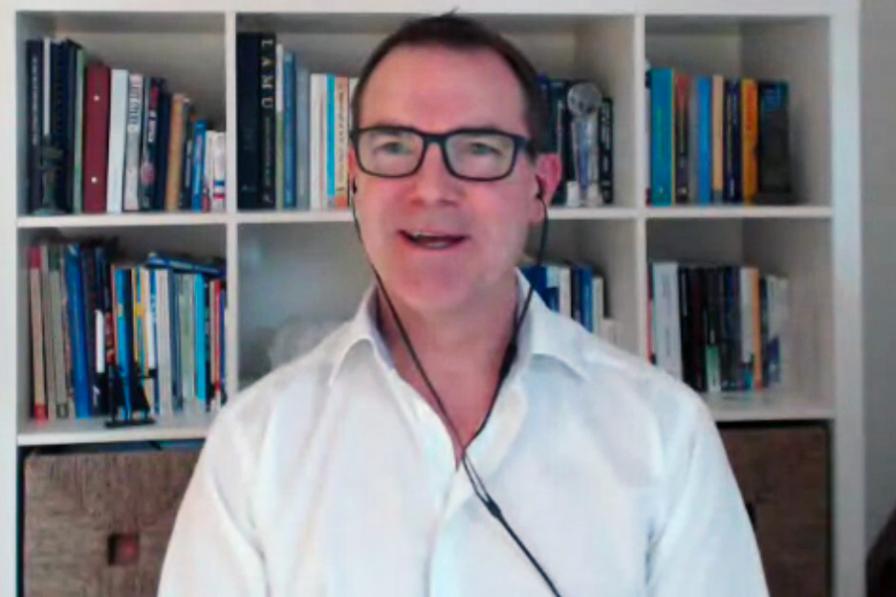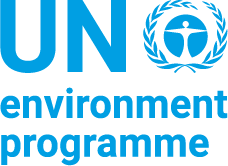On the second day of GMGSF, participants continued discussing key messages from Major Groups and Stakeholders (MGS), organized around core themes on the UNEA-5 agenda.
Outlining MGS perspectives on UNEP’s Medium Term Strategy (MTS 2022-2025), Wali Haider, Roots for Equity, welcomed the focus on the triple “existential crises” of climate, biodiversity, and pollution. He highlighted six recommendations addressing the need to:
- clearly define what constitutes “science” and “policy” to ensure the inclusion of diverse knowledge systems and consultative processes;
- establish a meaningful mechanism to link the work of UNEP’s Science-Policy foundational sub-programme into UNEA processes;
- explicitly include civil society in UNEP’s technology foresight and horizon scanning exercises
- categorically state that UNEP will continue to support and defend environmental defenders beyond providing legal training;
- adopt clear targets and indicators to monitor progress in mainstreaming conflict and disaster measures; and
- reconsider decisions moving away from previous foundation principles, including Common But Differentiated Responsibility and agro-ecological approaches for sustainable food production.
Griffins Ochieng, Centre for Environment, Justice and Development, summarized perspectives on UNEP’s Programme of Work (PoW), noting that the COVID-19 pandemic has underscored the neglect of animal welfare in environmental governance. He discussed additional MGS priorities relating to the need to:
- mobilize diverse groups, especially faith-based communities, and allocate resources for civil society to participate in PoW implementation;
- enhance linkages with UN-HABITAT to address urban-rural linkages; and
- promote citizen science and the co-design of nature-based solutions at the local level.
In a panel session on preparations for UNEP’s 50th anniversary in 2022, facilitated by Stephen Stec, Science & Technology Major Group, and Yugratna Srivastava, Children & Youth Major Group, there was general agreement that UNEP@50 is a commemoration rather than a celebration, given the global health pandemic and current existential environmental crises. Ivar Baste, Lead Author of UNEP’s Synthesis Report of Major Global Assessments, provided an overview of the report. The session also featured a presentation of preliminary findings of a “Snapshot Survey” of civil society views on UNEP’s past and future, and input on elements for an MGS Report on “The UNEP We Want,” to feed into UNEP@50.
Jan-Gustav Strandenaes, Stakeholder Forum, and NGO Major Group, and Teresa Oberhauser, Children and Youth Major Group, moderated the panel on preparations to commemorate Stockholm +50. In a scene-setting presentation, Strandenaes highlighted some of the enduring legacies from the 1972 Stockholm Conference on the Human Environment, calling for the proposed conference to emulate this pioneering spirit to strengthen environmental diplomacy and governance for the next 50 years. Participants engaged in a rich exchange on, inter alia: envisioning the world in 50 years; prospects for new international environmental law negotiations; breaking issue silos and pursuing cross-linkages; encouraging a proactive rather than reactive stance on environmental issues; influencing the behavior of the business and financial sectors and encouraging consumer lifestyle changes; recasting environmental ethics; influencing local government action; reflecting the gender dimension of environmental issues; and involving Major Groups and Stakeholders in implementation.
During a final plenary session, facilitators of the consultation on MGS messages presented the latest version of the draft MGS joint statement to UNEA-5, after which participants met in break-out groups and an open working group to further deliberate on the meeting’s outcome.
